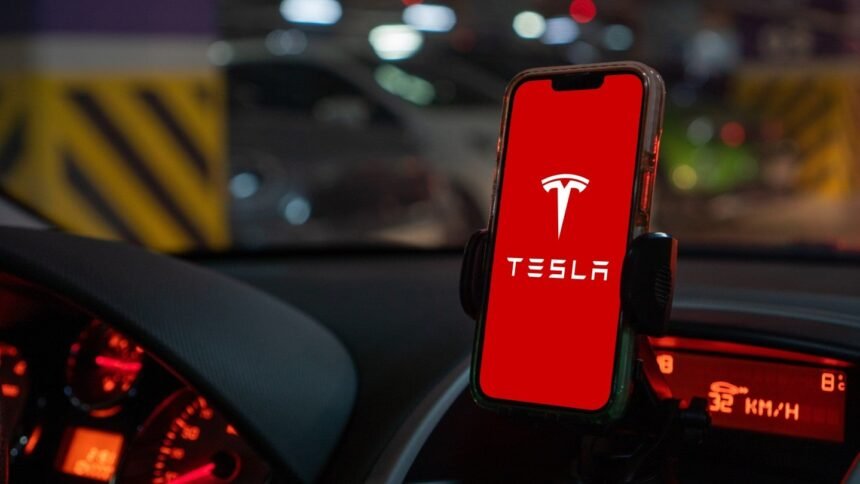Tesla is currently facing a lawsuit over a tragic accident that occurred in New Jersey, US. The incident involved a 2024 Model S vehicle equipped with autopilot and full self-driving features, resulting in the deaths of three family members. According to Reuters, the fatal crash claimed the lives of David Dryerman, 54, his wife Michele, 54, and their daughter Brooke, 17.
The lawsuit was filed in federal court in Camden, New Jersey, alleging that the vehicle’s “defective and unreasonably dangerous design” was the primary cause of the tragic outcome. The family was returning from a music festival on September 14, 2024, when their car veered off the road and collided with several roadside structures.
The plaintiffs, including the estates of the deceased and Brooke’s older brother, Max Dryerman, are seeking unspecified compensatory and punitive damages. The complaint points fingers at Tesla for failing to warn the driver, David Dryerman, about the potential risks associated with the autopilot feature. This criticism is based on CEO Elon Musk’s previous statements claiming that autopilot was “probably better” than human drivers. Tesla has yet to respond to the lawsuit.
Tesla has previously emphasized that its self-driving features require “fully attentive” drivers with their hands on the wheel, despite the vehicles not being fully autonomous. In response to demands from the National Highway Traffic Safety Administration, Tesla agreed to recall over two million vehicles in the US in December 2023 to implement additional safeguards to its Autopilot ADAS.
The lawsuit further adds to the ongoing scrutiny of Tesla’s self-driving technology’s safety. The complaint alleges that design flaws in the Model S caused it to leave its lane and fail to engage emergency braking, ultimately contributing to the severity of the crash. It is worth noting that the Dryermans were reportedly wearing their seat belts at the time of the tragic incident.
The complaint also highlights the fact that many Tesla drivers have relied on the company’s ADAS technology as if it were capable of safe, fully autonomous self-driving with minor software updates, when in reality, it is unable to handle various routine roadway scenarios without driver input.
As the legal proceedings unfold, the automotive industry continues to closely monitor the developments surrounding this lawsuit and its implications for the future of self-driving technology. The tragic accident serves as a stark reminder of the importance of ensuring the safety and reliability of autonomous driving features in vehicles.







